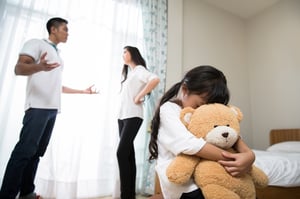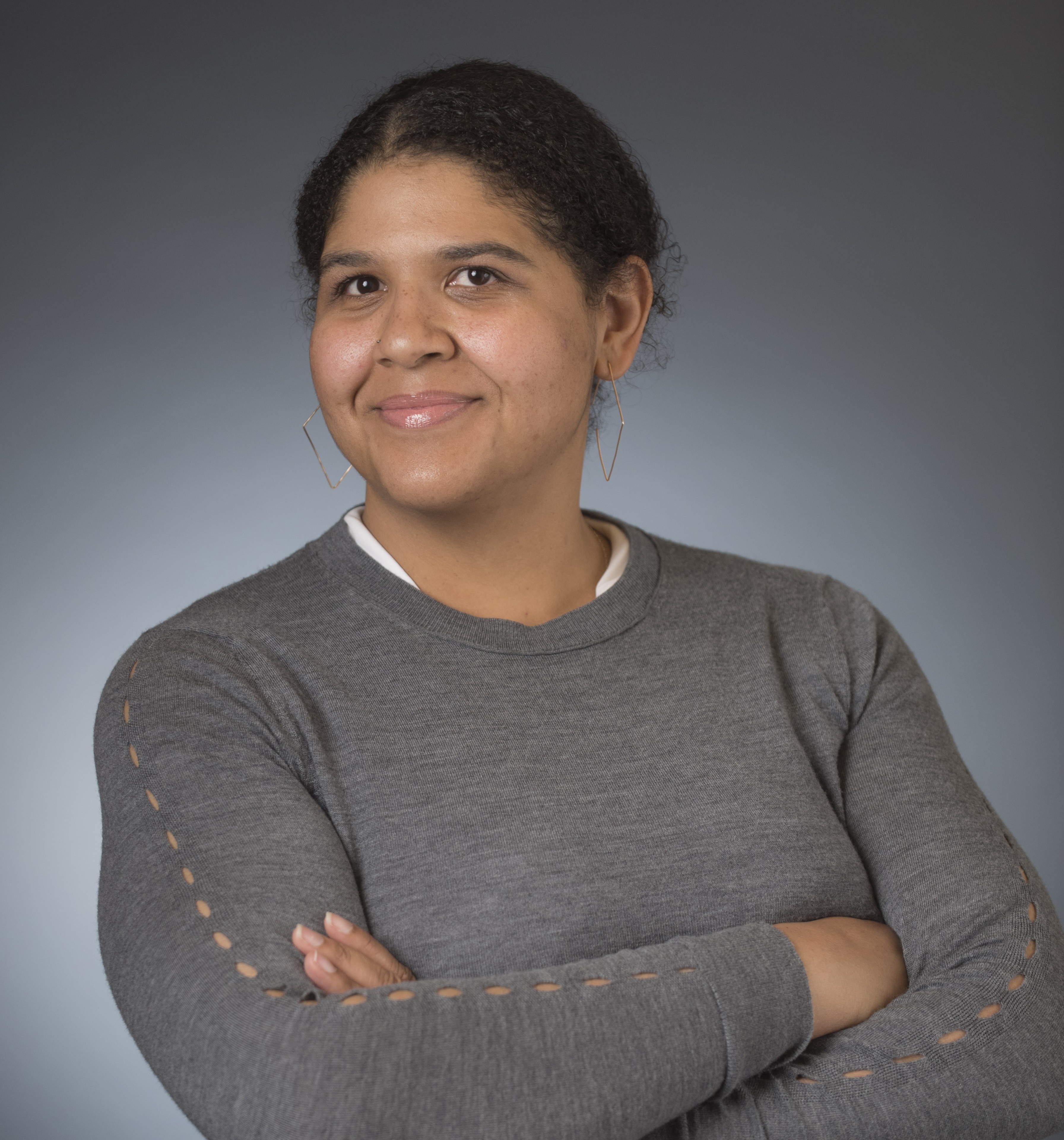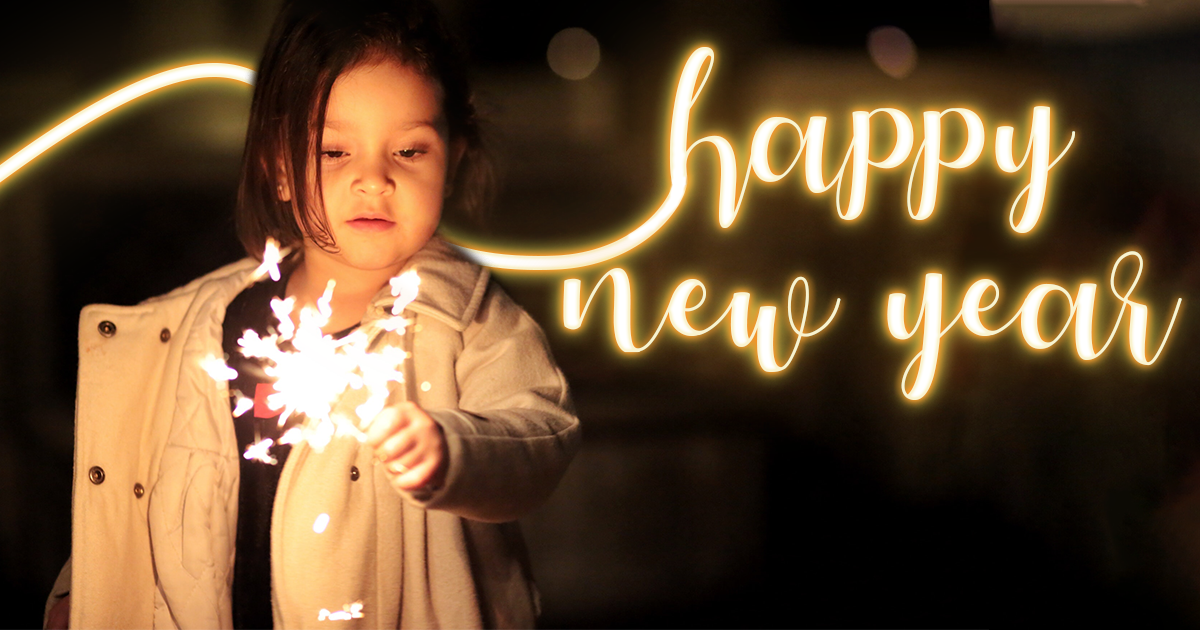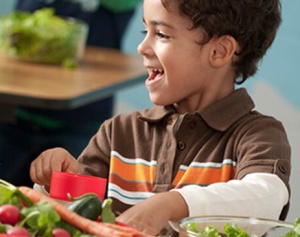 2016 was in many ways, a year of big changes; 2017 will bring a lot of change too.
2016 was in many ways, a year of big changes; 2017 will bring a lot of change too.
As adults, we have developed ways to cope with stress and change—some of them healthy, like talking to friends, taking walks or runs, reading, playing or watching sports or deep breathing and meditation.
Sometimes, we cope in unhealthy ways—eating, smoking, or drinking. But the one thing in common is that when we are stressed as adults, we have a choice in how we cope, because we’ve learned over time what works for us. We also are lucky—we can often name what is making us feel stressed.
Children are pretty smart and you’ve probably noticed that when grownups are stressed, kids can get stressed too. The thing is, when children experience a lot of change or are in stressful situations, they don’t always know why or understand what’s going on. Because they may not have the words to tell us how they feel or know the “right ways” to cope with stress, they may act out. It can be hard as caregivers to know what to do and even if we know what to do. Doing the right thing can be hard. We want to help kids, but we’re stressed too!
Child Care Aware® of America put together this tip sheet as a reminder of how adults can help children through stressful situations.
We want to hear from you too—what helps you when you’re stressed? How do you help anxious children calm down in stressful or scary situations?





